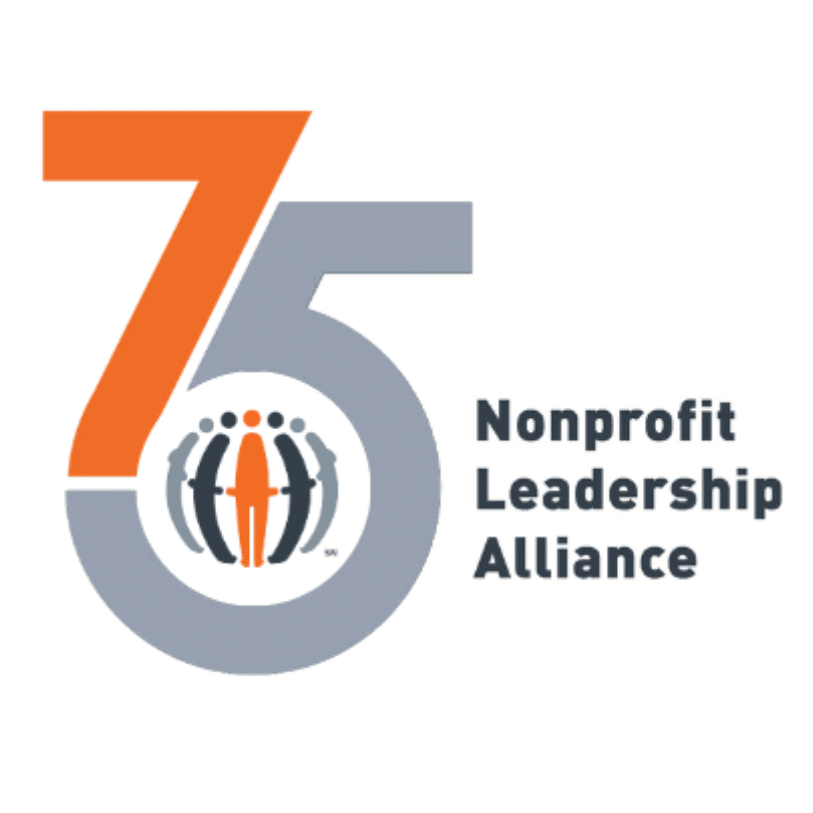Written by Brian Fraser, Lead Provocateur, Jazzthink Consulting
I’m fascinated by the problems and possibilities that are emerging in conversations with my colleagues in nonprofit leadership these days. We all want to work better together as we navigate the changes that our organizations will need to make in the midst of pandemics, fires, drought, polarization, and other traumatizing changes in our working environments. These conversations remind me yet again of why I have been so fascinated over the past 20 years in my community organizing, consulting, and coaching work by the wisdom offered to nonprofit leaders in the workings and wit of jazz.
The most startling insight that got me exploring jazz more deeply as a model for leadership in nonprofits was that the most common form of jazz in human experience is conversation. You have a structure – vocabulary and grammar. But every time you use that structure, you improvise. And it’s a basic fact that you co-create your nonprofit and its impact one conversation after another.
The core question that I ask, then, is “If you were to craft the sound and substance of your conversations like jazz musicians craft the sound and substance of their performances, what difference would it make to the quality of communities you are cultivating?”
Here are three key ideas to consider and apply.
Take Care with the Conversations that Co-Create your Organizational Culture
If you spend any time with jazz musicians, you will soon notice that they like to ‘hang out’ with each other. It doesn’t matter much what instrument you play, how old you are, how good people think you are, or what social background you’re from. If you are part of the community that is jazz, you’re welcomed into the conversations that co-create its impact. And because the conversations are about the performance of that community and how to make it better, invaluable learning happens in those conversations. It’s not formal. You won’t get a degree or even a diploma. But you will get wisdom, that inspiring and an instructive blend of intellect, emotion, and instinct that makes the best things happen.
So, my question to you, as you cultivate your nonprofit leadership capacities, is who are you hanging out with, what kinds of conversations are you convening, and how are you taking care to learn, one conversation after another, how you can better nourish your nonprofit organization to flourish?
Cultivate Space to Consider Everyone’s Voice
If you observe a good jazz group, you will notice how careful they are in providing space for each musician to have their voice heard with respect, to find a place to solo with supportive backup, to express their wisdom through their instruments, and contribute it to the overall performance. They generate that space around a melody line, a statement of purpose for that particular song. Each musician improvises with delightful creativity, but it’s all in the service of that song making a positive impact on all involved in the performance.
So, my question to you, as you cultivate your nonprofit leadership capacities, is how comfortable/confident are you in letting others have their voice, especially when that voice runs contrary to what you think should happen? Further, how good are you at guiding conflict into constructive channels, keeping it about ideas rather than people?
Collaborate to Benefit All Involved in the Enterprise
Sociologist of music, Christopher Small, coined the word ‘musicking’ to draw attention to the whole enterprise of what goes on in a musical performance – the builders and maintainers of the space for practicing and performing, the composers, the players, the techs, the audiences, the … Well, you get the idea and can no doubt add more participants to the list. These are the people involved in doing what the organization exists to do. They are all crucial in their contribution to generating a positive consequence from the flow of the energy invested.
So, my question to you, as you cultivate your nonprofit leadership capacities, how well are you making space for this to happen and contributing to it?
Now what?
I hope these ideas have provoked some imaginative creativity that might disrupt your leadership practices in beneficial ways. That’s where good change happens. If the ideas intrigue you and you want to explore this model further, here are two books I highly recommend: Frank J Barrett, Yes to the Mess: Surprising Leadership Lessons from Jazz (2012) and Adrian Cho, The Jazz Process: Collaboration, Innovation, and Agility (2010). I look forward to hearing how they help you exercise constructive leadership. Don’t hesitate to contact me about that.
About the Author:
Brian Fraser is lead provocateur of Jazzthink Consulting (www.jazzthink.com) and minister with Brentwood Presbyterian Church (www.brentwoodpcc.com). He has practiced, researched, and taught organizational development and the leadership that supports its flourishing in the nonprofit sector for over 50 years now. The best way to contact him is at jazzthinkbrian@gmail.com.

